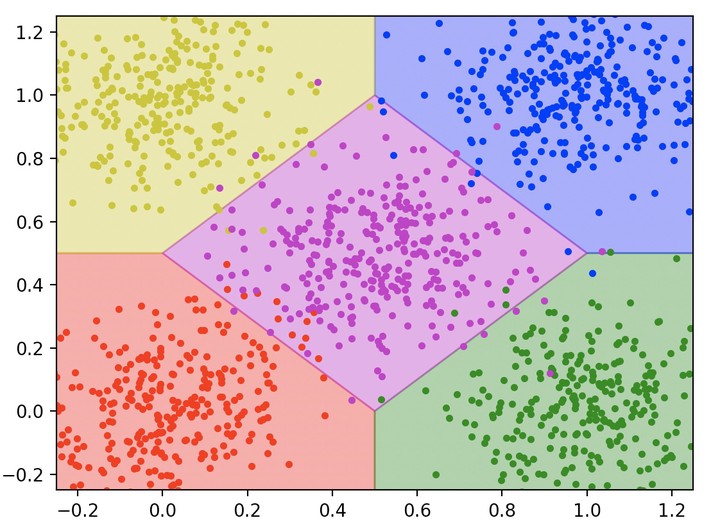A $-Family Friendly Approach to Prototype Selection

Abstract
We explore the benefits of intelligent prototype selection for $-family recognizers. Currently, the state of the art is to randomly select a subset of prototypes from a dataset without any processing. This results in reduced computation time for the recognizer, but also increases error rates. We propose applying optimization algorithms, specifically random mutation hill climb and a genetic algorithm, to search for reduced sets of prototypes that minimize recognition error. After an evaluation, we found that error rates could be reduced compared to random selection and rapidly approached the baseline accuracies for a number of different $-family recognizers.
Type
Publication
In Proceedings of the 21st International Conference on Intelligent User Interfaces, ACM.